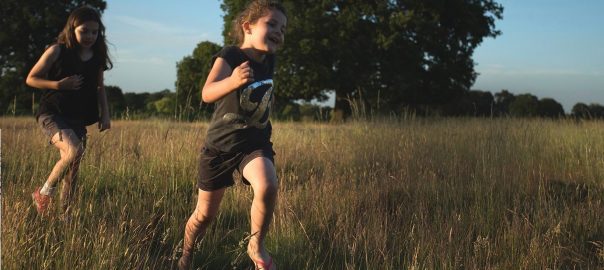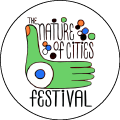20 July 2020
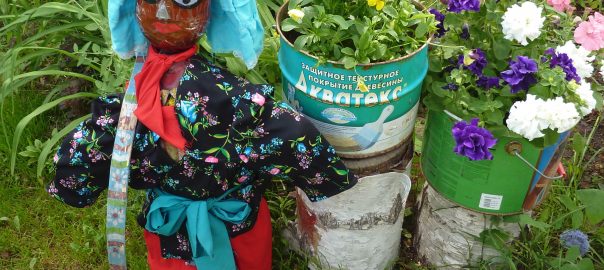
These are times of crisis. One might even think that the COVID-19 crisis looks like a an alternative expression of crises that are already building, especially ecological ones. Harald Welzer in The Climate Wars shows that the feeling of crisis as well as fear is born in the face of...
14 July 2020
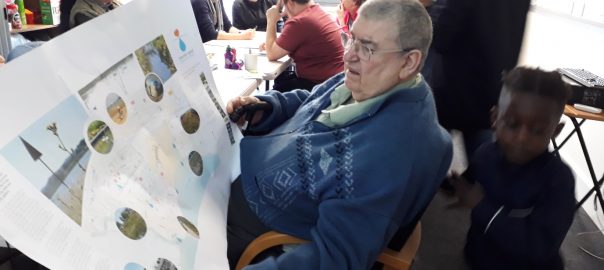
Know the feeling when every project seems to require a huge amount of work in a short amount of time, for very little reward?? This seems to be the way of the world, whether you’re a practitioner, a researcher, or a community activist (or all three). I was prompted to...
30 June 2020
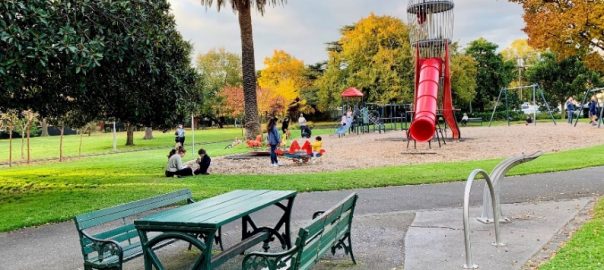
The extensive societal changes brought about by COVID-19 restrictions have given pause for thought on how we can create healthier and more equitable cities as we transition to a new normal. Public health measures to reduce the spread of COVID-19 have meant that opportunities to go out and interact with...
24 June 2020
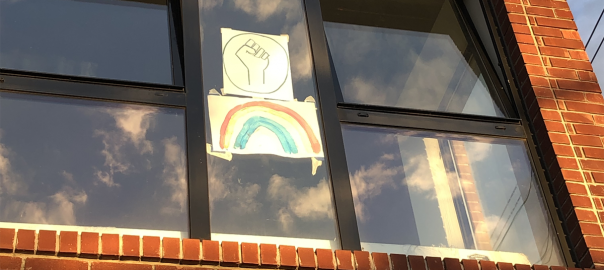
How do you conduct social science research about people’s relationship to place and the environment during shelter-in-place? Many are turning to big data—scraping social media, tracking cell phone use and movements, and these aggregated, digital data streams are providing key insights about mobility, vulnerability, and spatial patterns of the virus...
22 June 2020
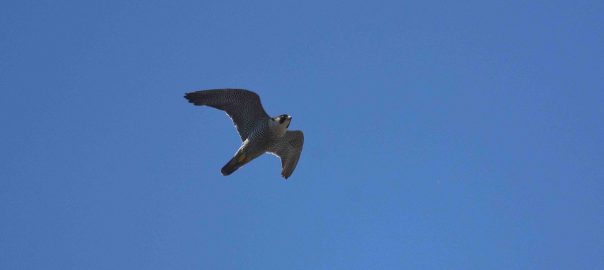
Read this in English.J’ai fait les chroniques confinées quotidiennes pendant la quarantaine parisienne, et voici quelques observations récentes de notre maison à Pantin, dans la banlieue nord-est de Paris. Les Mésanges charbonnières qui ont élu domicile dans le trou du mur de mes voisins ont quitté leur nid ce matin. Des six jeunes, un a fini...
15 June 2020

This essay is a conversation between an economist and a psychologist who live and work in China and Kenya and who exchange observations and are despairing about the impact of COVID-19 on their individual and social lives. Both come to a common point in terms of how much of this...
11 June 2020
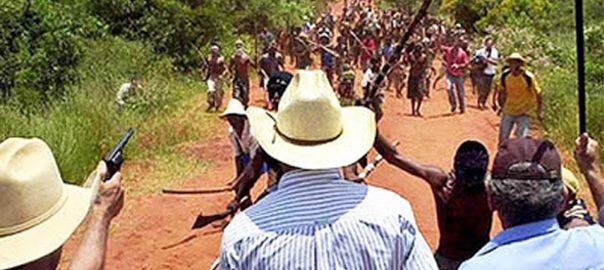
1 Proposition The logic of urban growth in the Brazilian Amazon could be changed if we succeeded in bringing together two different systems of thought and practices: that of the natural and indigenous, to that of technology and capital production. Together, they could guarantee the continued economic and environmental resilience...
8 June 2020
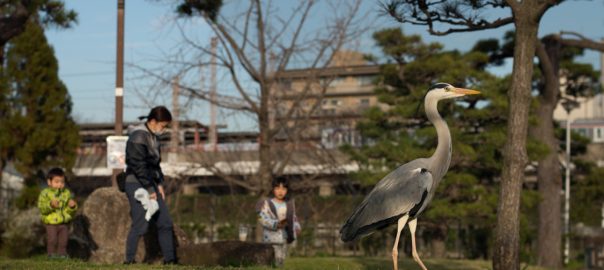
It’s afternoon in the middle of the work-week, and our local park is filled with people as if it were a holiday. There are little kids wildly chasing pigeons, and slightly bigger kids carefully stalking beady-eyed herons. There are teenagers racing on foot along the pond, and families sitting on...
4 June 2020
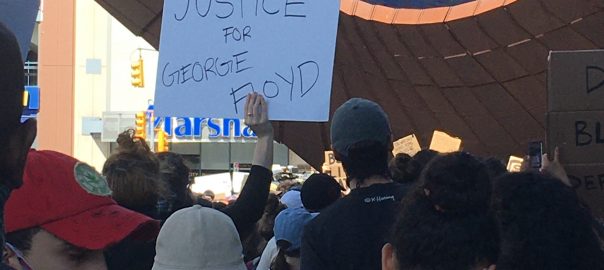
In the first five months of 2020, we have seen enough change, chaos, and uncertainty to last a lifetime. The year began with a world on quite literally on fire, most notably in Australia. The news cycle was quickly upended when the novel coronavirus swept the globe. Now, police violence...
29 May 2020

Winter may seem a quiet season when it comes to bird sounds, but when we listen carefully we may hear the starling, one of the most cheerful whistlers in the world. Mozart had a starling for some time and enjoyed the delightful singing of his bird friend, who was able...
25 May 2020
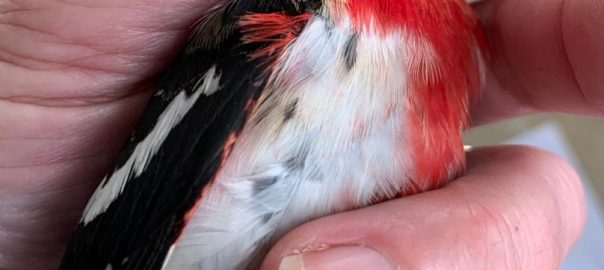
Before / Winter We are celebrating our 3-year friendship. Artist-climate activist and ecologist-designer. We met in Portland (a tip of two floral hats, and a gracious thank you to David and The Nature of Cities), a long way from Toronto and longer still from Cape Town. Our conversations have become...
22 May 2020
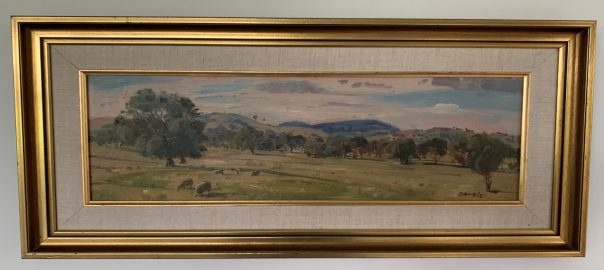
More than half the world’s population now lives in cities, where nature, at the best of times, can seem hard to find and enjoy. The restorative value of nature has long been acknowledged but how can we access it in these strange times of social distancing and isolation as COVID-19...
18 May 2020
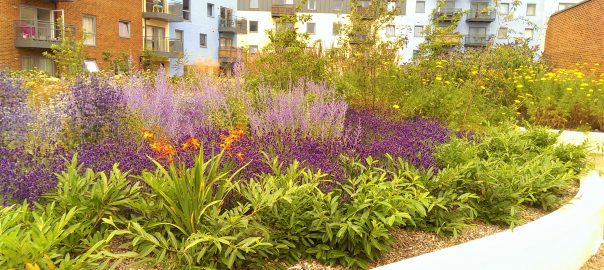
When evaluating or seeking to enhance the biodiversity interest of an urban greenspace, a key attribute to consider is its floral composition. Floral composition can be native, non-native or a variable mix of the two. A species is defined as native to a given region or ecosystem if its presence...
11 May 2020
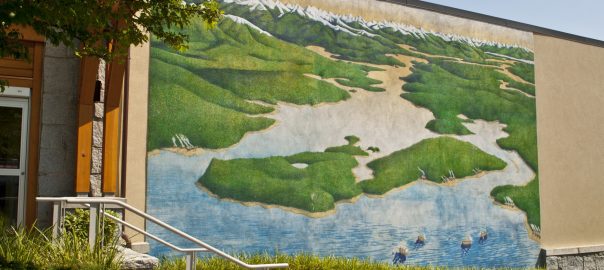
Behind the scenes of pandemic, and long before, we have been quietly witnessing the planetary-scale annihilation of life-supporting systems, the Earth’s “6th mass extinction”. Unlike the previous five, this is the first time a mass extinction is caused by a single species, in this case Homo sapiens. Along with the...
4 May 2020
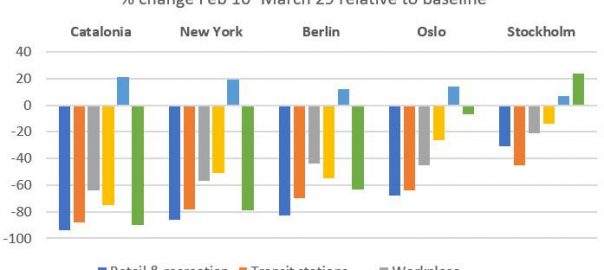
There is now plenty of evidence on the benefits of local access to greenspace and greenviews on physical health and mental well-being. Lockdowns and social distancing advisories have placed restrictions on citizen normal access to public spaces. Google community mobility statistics from February-March revealed varied patterns of reaction to Covid-19 in...
26 April 2020
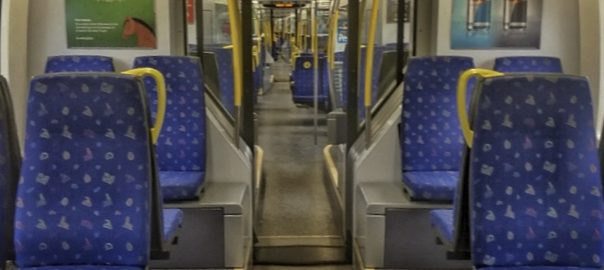
The lessons learnt by teenagers today will assist us as global leaders of tomorrow, to make better and more informed decisions to prevent any such future epidemics. The Covid-19 crisis and widespread epidemic has infected more than a million people and is increasingly causing agony to billions. While the severity...
22 April 2020
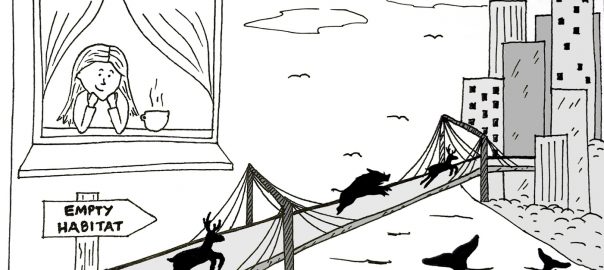
With the massive migration of people from agricultural lands to cities over the last few centuries, an important change came to Earth: our total human population went from being mainly non-urban to being mostly urban at the beginning of the 21st Century1. While the concentration of people in the urban...
17 April 2020
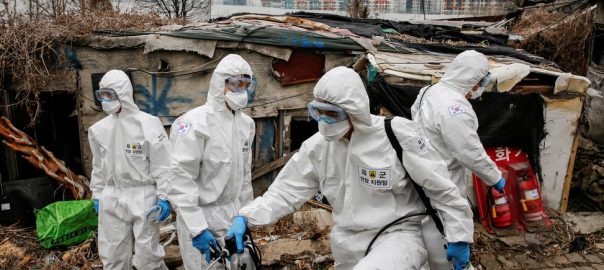
We live in, to say the least, a risky urban world. It is a historical fact that pandemics always impact cities differently. From the Athens plague in 430BC, which led to fundamental changes in city regulations and identities, to the Black Death in the Middle Ages, which disrupted class power...
14 April 2020
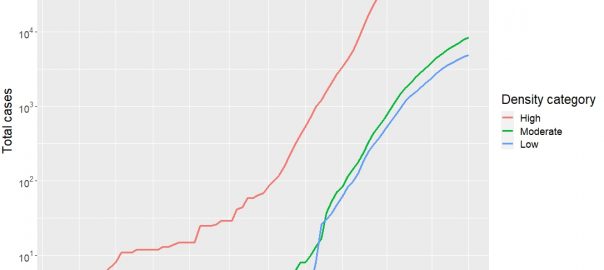
We are all living a slowly unfolding tragedy, as Covid-19 (coronavirus) spreads in communities around the world, with (as of 26 April 2020) over 3 million confirmed cases and more than 210,000 deaths. This pandemic has led some to question the wisdom of living in cities. Dense urban settlement is...
10 April 2020
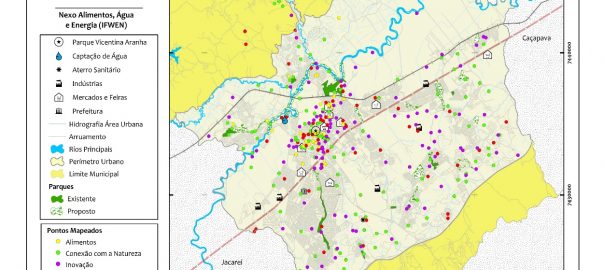
When many voices come together, they create a sound so loud it moves you. What you hear when you experience this is the very same thing that gives a good choir the power to deliver you from your sins—a powerful element called resonance. When two frequencies stream in harmonic proportion...

